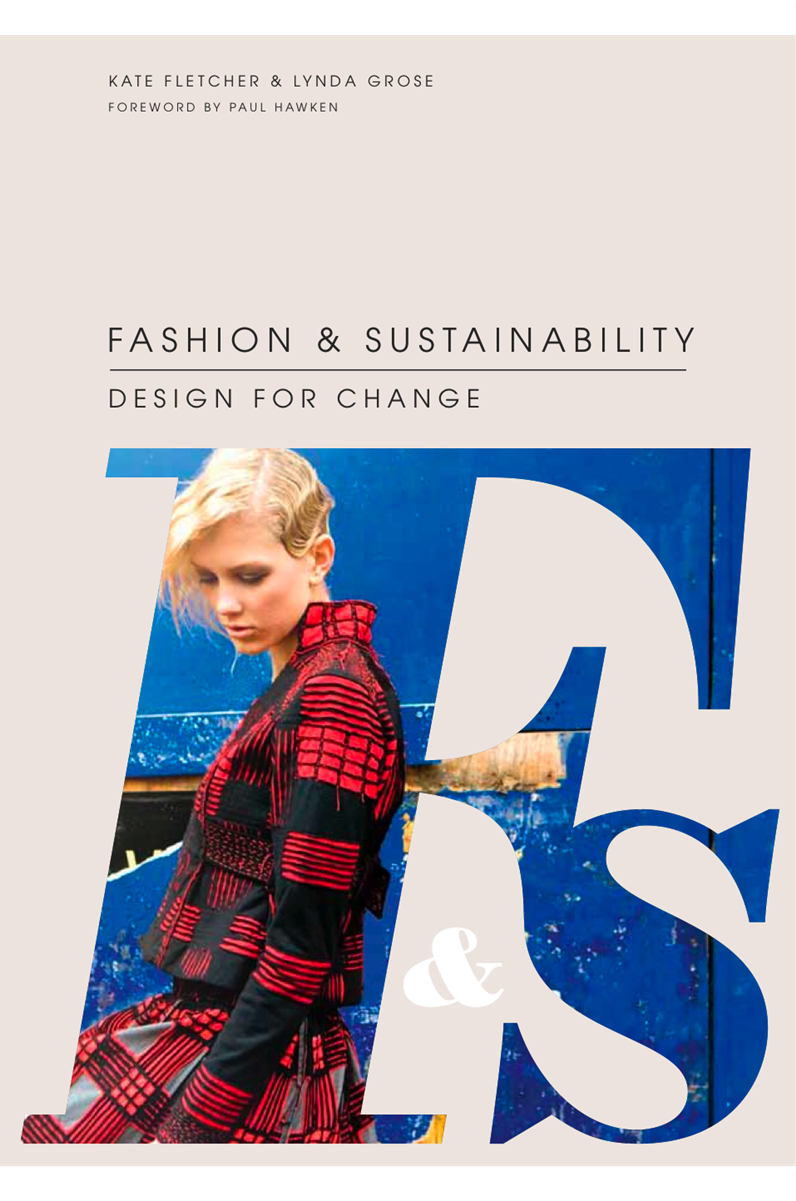“Make sure to involve your whole team in the journey to sustainability,” advised Maria Cornejo of Zero + Maria Cornejo, a runner-up of the inaugural CFDA + Lexus Fashion* Initiative. To Cornejo, making sustainability and social impact a responsibility of the entire team helped the brand during their participation in the 17-month program.
Cornejo and Erin Isakov of Erin Snow, winner of the 1.0 Fashion* Initiative, were recently on hand to welcome 2.0 finalists Cienne, M.Patmos, Studio One Eighty Nine, St. Roche, and Whit and share words of wisdom over an intimate lunch.
Following lunch, the programmatic portion of the 2.0 Fashion* Initiative kicked off with a workshop presenting pioneering work from Lynda Grose at California College of the Arts and Timo Rissanen at Parsons – two leading practitioner-scholars of fashion and sustainability with combined experience spanning four decades.
Grose and Rissanen recommended that designers build on existing tools and research conducted by resource-abundant companies. Grose and Rissanen walked the finalists through different organizations and resources that might help them during their nine-month journey such as Textile Exchange, Bluesign®, Global Organic Textile Standard, and Sustainable Apparel Coalition.
Both stressed the importance for designers to begin unpacking terminology to create a point of truth in communicating with suppliers and vendors. Asking the right questions from existing suppliers can help to create more meaningful rather than transactional relationships, transforming a supplier into a partner with vested interested in the success of your brand.
Tasking designers to think deeply about the issues that they wanted to take a stand on – like chemical impact, water efficiency or fair trade – Grose explained the need to research the levers necessary to affect the environmental gains of their interest.
Grose and Rissanen closed out the session by introducing the designers to alternative business models that employ elements like sharing, customization, or repair and challenging the Finalists to apply lessons learned from industries outside of fashion. As Grose put it, “If you are doing something that is real and authentic, then you are ahead of the game.”



